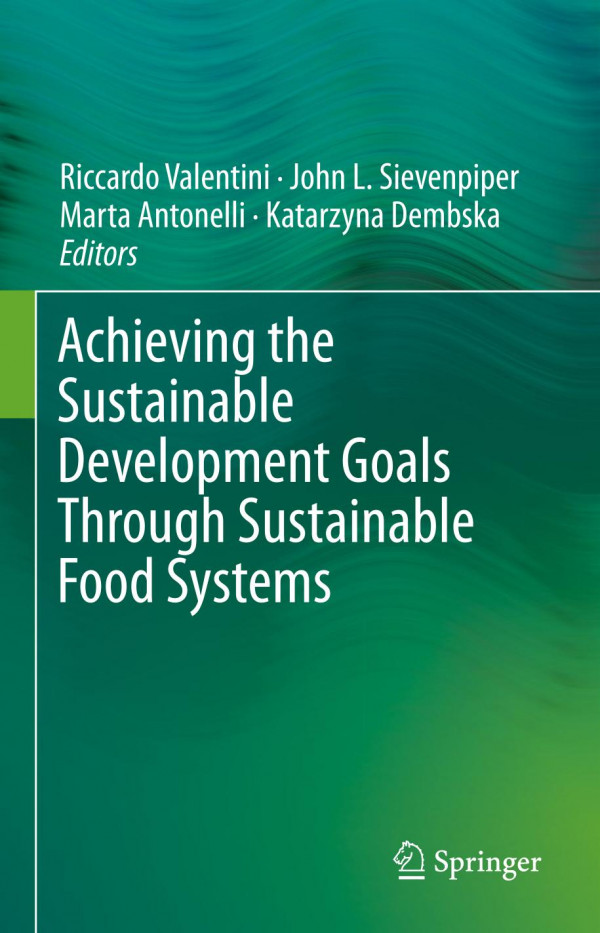

Most ebook files are in PDF format, so you can easily read them using various software such as Foxit Reader or directly on the Google Chrome browser.
Some ebook files are released by publishers in other formats such as .awz, .mobi, .epub, .fb2, etc. You may need to install specific software to read these formats on mobile/PC, such as Calibre.
Please read the tutorial at this link: https://ebookbell.com/faq
We offer FREE conversion to the popular formats you request; however, this may take some time. Therefore, right after payment, please email us, and we will try to provide the service as quickly as possible.
For some exceptional file formats or broken links (if any), please refrain from opening any disputes. Instead, email us first, and we will try to assist within a maximum of 6 hours.
EbookBell Team

4.7
46 reviewsThis publication offers a systemic analysis of sustainability in the food system, taking as its framework the Sustainable Development Goals of the 2030 Agenda of the United Nations. Targeted chapters from experts in the field cover main challenges in the food system and propose methods for achieving long term sustainability. Authors focus on how sustainability can be achieved along the whole food chain and in different contexts. Timely issues such as food security, climate change and migration and sustainable agriculture are discussed in depth.
The volume is unique in its multidisciplinary and multi-stakeholder approach. Chapter authors come from a variety of backgrounds, and authors include academic professors, members of CSO and other international organizations, and policy makers. This plurality allows for a nuanced analysis of sustainability goals and practices from a variety of perspectives, making the book useful to a wide range of readers working in different areas related to sustainability and food production.
The book is targeted towards the academic community and practitioners in the policy, international cooperation, nutrition, geography, and social sciences fields. Professors teaching in nutrition, food technology, food sociology, geography, global economics, food systems, agriculture and agronomy, and political science and international cooperation may find this to be a useful supplemental text in their courses.